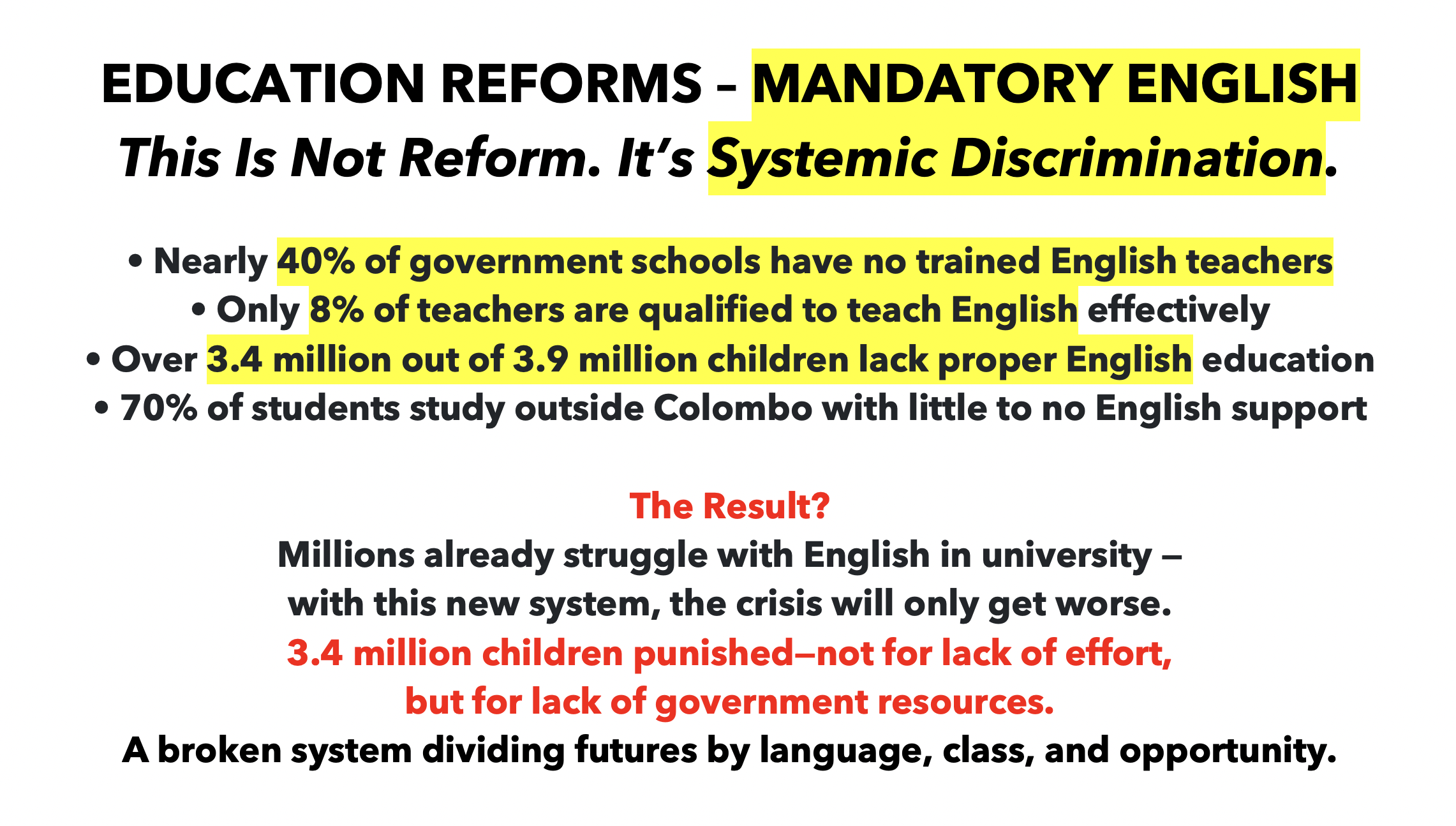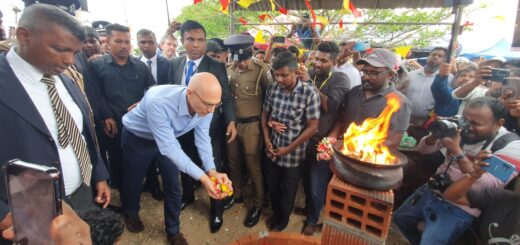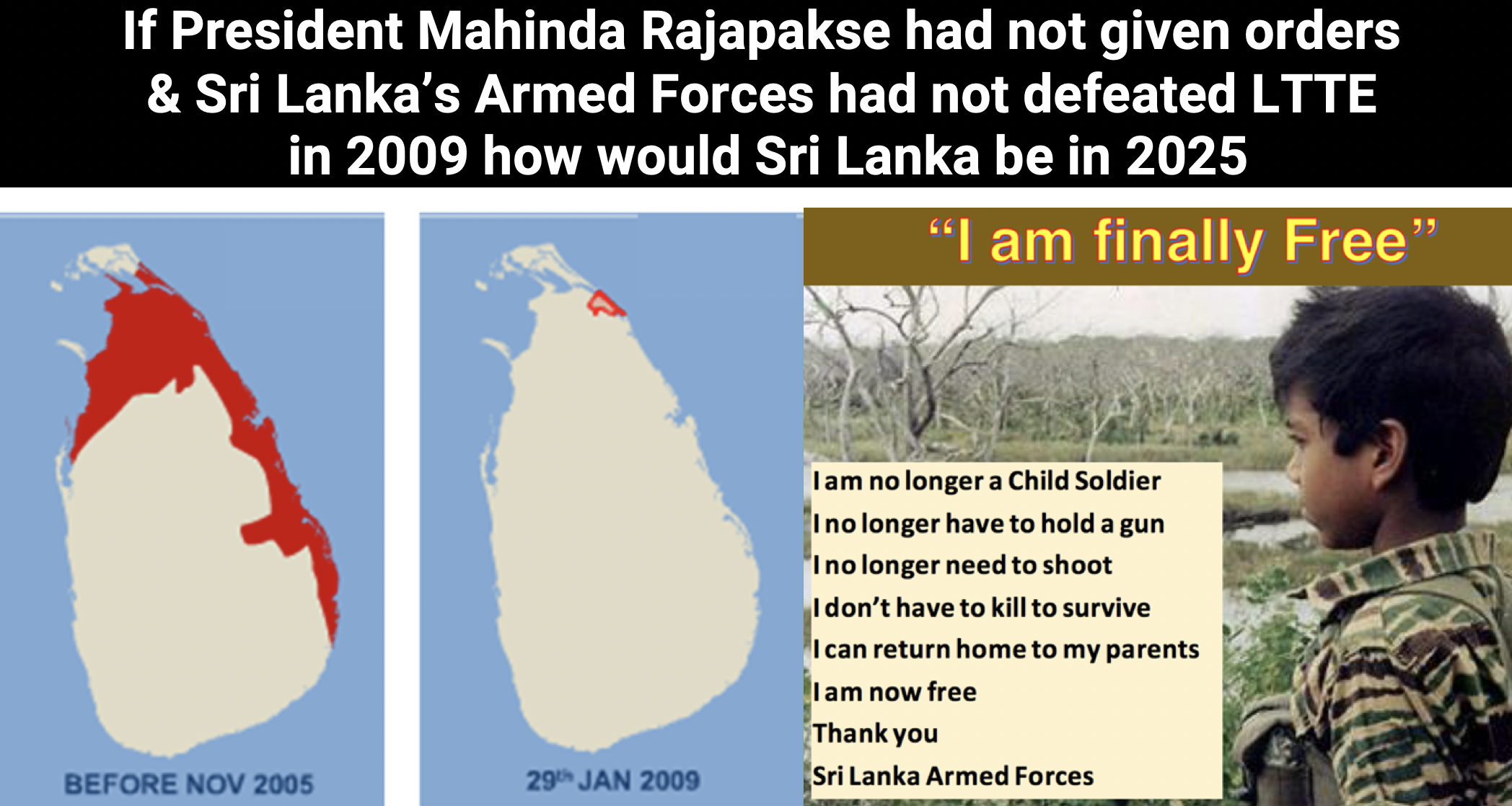Have Members of the Core Group against Sri Lanka forgotten UK Colonial Crimes?

Following US exiting UNHRC calling it a “cesspool of political bias”, the United Kingdom has come forward to head the Sri Lanka Core Group which comprises of Canada, Malawi, Montenegro and North Macedonia – a cluster that aligns purely based on influence by either UK, Canada or both. Had UK & Canada exited like US & Germany, would these nations have continued case against Sri Lanka independently? All of their diplomatic relations with Sri Lanka is hardly 3 decades & questions what direct harm Sri Lanka has caused them to merit such disproportionate hostility?
As the United Nations Human Rights Council’s so-called “core group” turns its focus on Sri Lanka, one must ask a simple yet piercing question: Have these nations forgotten the colonial crimes committed by the United Kingdom, a former empire whose shadow still lingers over many of them?
Sri Lanka, a sovereign nation that has harmed none of these countries directly, is now under scrutiny for alleged human rights violations during the final phase of the conflict to end 30 years of terrorism —an accusation that demands careful reflection on historical context and fairness.
The UK, the most prominent member of this Core group, played a central role in shaping the destinies of several of these nations during colonial rule, often to the detriment of the local populations.
Colonial Legacies of Core Group Members
Canada: The British colonial human rights violations to Indigenous peoples come nowhere near those defined as “human rights” violations today.
The Indian Act (1876) institutionalized systemic discrimination, restricting cultural practices, governance, and land rights. Even today, Indigenous communities face challenges under federal and provincial laws that advance development projects without meaningful consultation, infringing on self-determination.
Malawi:
Formerly Nyasaland, Malawi was economically exploited under British rule, with cash crop economies designed to benefit European settlers. Today, the legacy of these colonial structures persists in poverty, inequality, and limited access to education and health services
Montenegro & North Macedonia:
While not traditional colonies, these nations experienced significant European interference, including UK influence in political boundaries and the formation of the Yugoslav state. Today, both face political instability, ethnic tensions, and governance challenges rooted in externally imposed structures.
United Kingdom:
The former colonial power exploited, divided, and controlled populations across continents, including Sri Lanka. Today, the UK faces rising inequality, post-Brexit economic and political instability, unresolved regional tensions in Scotland and Northern Ireland, and systemic racial inequities.
United States:
The first European settlers in what became the U.S. were largely British convicts and indentured servants. These early settlements laid the foundation for a nation built upon colonial practices. Presently, the U.S. continues to wrestle with systemic racism, inequality, and the legacies of colonial displacement of Indigenous peoples and slavery.
Are you aware of Sri Lanka’s Conflict?
Sri Lanka faced three decades of terrorism and external pressure while striving to uphold its sovereignty and implement post-conflict reconciliation. Unlike the colonial impositions that disrupted the development and social fabric of core group nations, Sri Lanka’s policies have been directed toward rebuilding, maintaining peace, and protecting its citizens.
Yet, the core group pursues a narrative that selectively condemns Sri Lanka while ignoring broader historical and global contexts. This selective lens undermines the credibility of international human rights advocacy and raises the question of fairness: Is this truly about human rights, or about maintaining influence and exerting moral pressure?
Historical and Present-Day Reflection
It is worth reminding the core group that colonial exploitation is not merely history:
- Canada continues to struggle with Indigenous rights and environmental justice.
- Malawi continues to confront structural inequalities rooted in colonial economic systems.
- Montenegro and North Macedonia still navigate political instability and ethnic tensions from externally imposed boundaries.
- The UK faces unresolved domestic inequality, regional unrest, and historical accountability for colonial crimes.
- The United States continues to grapple with systemic racial inequities and the consequences of its colonial foundations.
If these nations have yet to fully reconcile their own pasts and present failings, their authority to lead a selective campaign against Sri Lanka is deeply compromised.
A Call for Fairness
Before launching what increasingly resembles a witch-hunt, the members of the core group should pause and reflect on their own histories and present challenges.
Sri Lanka asks only to be judged on facts and actions, not on selective narratives shaped by historical amnesia and geopolitical interests.
The principle is simple: nations that were once colonies, or whose foundations were built on colonial displacement, exploitation, and division, deserve a fair and consistent application of international standards.
Sri Lanka, which has harmed none of the core group countries, merits an approach grounded in factual assessment, fairness, and respect for sovereignty.
The world must ask itself: If colonial crimes are forgotten and unaccounted or even acknowledged, can we truly claim moral authority to judge another nation – one that suffered 30 years of terrorism, abiding by the internationally promoted ceasefires, peace talks & negotiations in spite of which the terrorists targeted & killing hundreds & thousands of unarmed civilians. The Government of Sri Lanka was compelled to take action only after the LTTE terrorists closed the sluice gates denying water to over 40,000 farmers committing a war crime. While eradicating the terrorists the National Armed Forces saved close to 300,000 civilians in spite of which a figure of 40,000 killed is being promoted falsely without any proof or evidence failing to even name the dead even 16 years after the end of the conflict.
The Dangerous Precedent being Set
What is being applied to Sri Lanka today sets a dangerous precedent for tomorrow.
If unproven figures, unverifiable allegations, and politically motivated reports can be used as the basis for punitive action, then no country is safe. Any state — particularly in the Global South — could find itself subject to the same kind of “witch hunt” under the guise of human rights, when in fact the motivations are political, strategic, or economic.
If this model of selective justice continues, it risks turning the UNHRC into a tool for global power struggles rather than a platform for genuine human rights protection where a handful of Nations in connivance with the UNHRC attempt to usurp the powers of the UNGA & UNSC
The very countries driving this agenda should ask themselves: would they consent to having their own colonial crimes, present-day discrimination, or military interventions subjected to the same standard they now impose on Sri Lanka?
Shenali D Waduge







